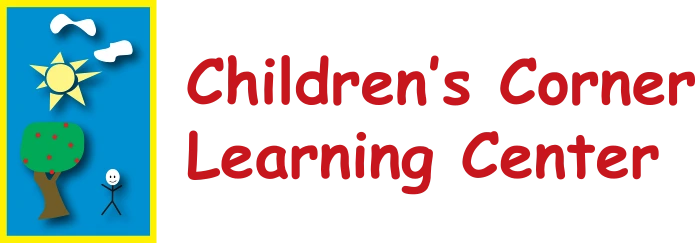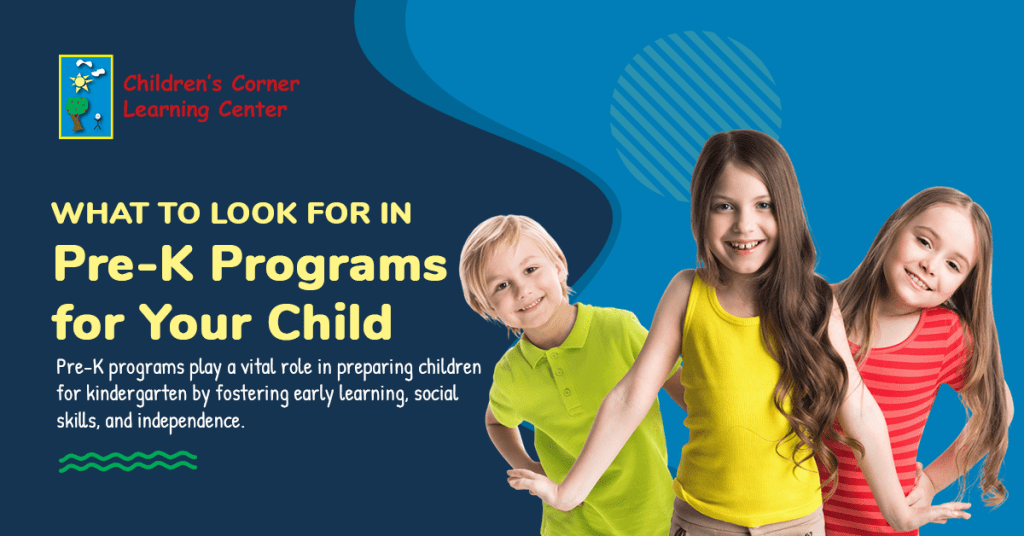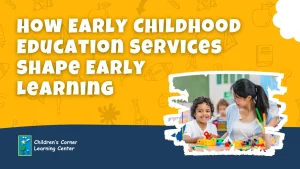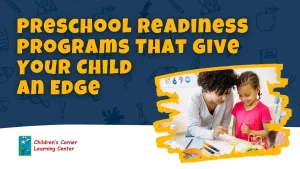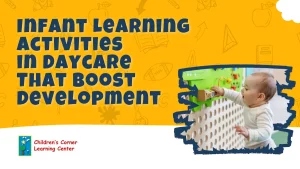Preschool age is a critical stage in a child’s development, laying the foundation for learning, social skills, and emotional growth. During these formative years, children begin exploring their independence, building relationships, and developing essential cognitive abilities. As parents, understanding what to expect at this stage can help create a nurturing environment that supports their child’s unique needs.
Every experience shapes a preschooler’s future success, from fostering curiosity through play-based learning to encouraging communication and social interaction. Knowing how to support your preschooler during this time ensures a smooth transition into formal education while building the confidence they need to navigate the world.
Pre Preschool Age: Early Developmental Milestones
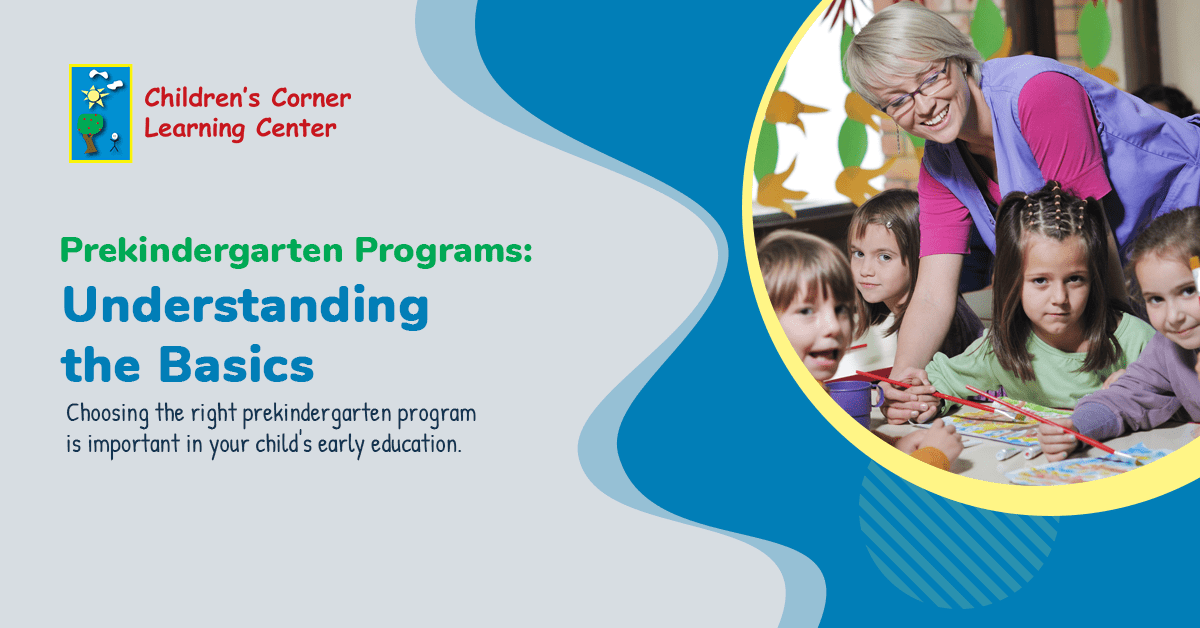
Pre preschool age is a crucial period of growth during which children begin forming the foundational skills they will carry into their preschool years. At this stage, typically between ages two and three, children develop language abilities, refine motor skills, and engage in more structured social interactions.
Cognitive Growth: Expanding Curiosity and Problem-Solving
Children become more curious about the world around them during the pre-preschool age. They begin asking more questions, experimenting with objects, and trying to solve simple problems. This cognitive development is essential as it sets the stage for later academic success. Parents can encourage mental growth by:
- Reading together: Introducing books with simple words and colorful pictures to develop vocabulary and comprehension.
- Engaging in sensory play: Playing with sand, water, or textured toys helps enhance problem-solving skills.
- Encouraging exploration: Providing safe environments where children can explore their surroundings fosters natural curiosity.
Children also start recognizing patterns, sorting objects by shape or color, and completing basic puzzles at this stage. These activities help strengthen their memory and critical thinking skills.
Social and Emotional Development: Learning to Express and Connect
Social interactions are vital during pre-preschool, as children understand emotions and form relationships with others. While they may still struggle with sharing and cooperation, this is the time when they start grasping the basics of social behavior. Some key social-emotional milestones include:
- Recognizing emotions: Children identify feelings like happiness, sadness, and frustration.
- Developing independence: They may want to do things independently, like dressing themselves or choosing a snack.
- Engaging in parallel play: Children often play next to each other instead of directly interacting and learning by observing.
Parents can support emotional development by labeling emotions, teaching simple conflict-resolution strategies, and modeling positive social interactions. Encouraging small group playdates and introducing cooperative games also help foster early friendships.
Motor Skills: Strengthening Coordination and Physical Abilities
Both fine and gross motor skills see significant improvement during this stage. Fine motor skills involve small hand movements, while gross motor skills involve larger body movements like running and jumping. Key motor skill milestones include:
- Fine motor skills:
- Holding crayons and scribbling on paper
- Using utensils to eat independently
- Turning book pages and stacking small blocks
- Gross motor skills:
- Running, jumping, and climbing with more confidence
- Kicking and throwing balls with better coordination
- Balancing on one foot for short periods
Providing age-appropriate activities, such as puzzles for fine motor development and outdoor play for gross motor skills, helps children refine these essential abilities.
Encouraging Learning Through Play and Exploration
At this stage, play is a child’s primary way of learning. Open-ended activities that allow children to explore, create, and make choices are highly beneficial. Parents can encourage development through:
- Imaginative play: Pretend play with dolls, toy kitchens, or dress-up clothes enhances creativity and problem-solving.
- Music and movement: Dancing and singing along to songs improve coordination and rhythm.
- Building and stacking: Playing with blocks strengthens hand-eye coordination and spatial awareness.
Parents can help their children gain and develop the confidence and skills they need to transition into preschool by providing a supportive and engaging environment.
Age at Preschool: When Is the Right Time to Start?
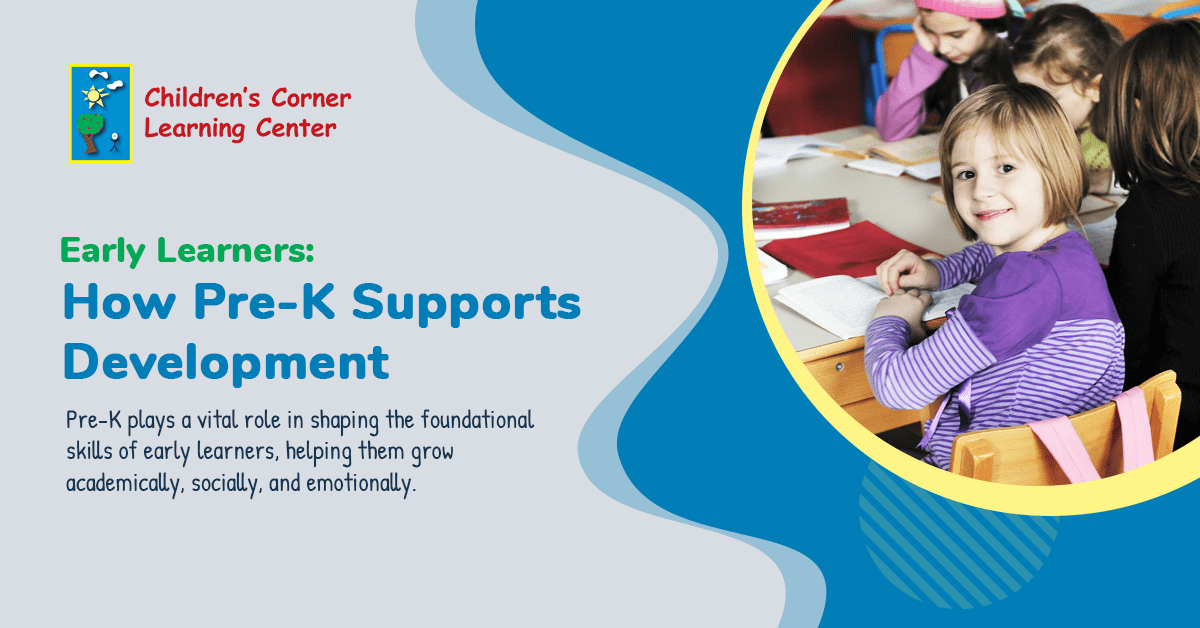
Deciding the right age for your child to start preschool is a significant milestone for parents and children. While most preschools accept children between the ages of two and five, the ideal time to start depends on various factors, including emotional readiness, cognitive skills, and social development.
Understanding the Typical Preschool Age Range
Preschool programs are generally designed for children between the ages of two and five, but different programs cater to specific age groups:
- Toddler programs (ages 2-3): Focus on gentle socialization, early language skills, and sensory exploration.
- Preschool programs (ages 3-4): Introduce structured learning activities, basic academic concepts, and cooperative play.
- Pre-Kindergarten programs (ages 4-5): Prepare children for kindergarten with more advanced learning, problem-solving, and independence-building activities.
The ideal starting age depends on your child’s development, learning style, and personality. Some children may be ready for preschool as early as two, while others may benefit from waiting until three or four.
Signs Your Child Is Ready for Preschool
Rather than focusing solely on age, parents should assess developmental signs that indicate preschool readiness. Here are some key factors to consider:
- Social readiness: Your child is comfortable around other children and can engage in simple group activities.
- Separation comfort: They can spend time away from their parents without excessive distress.
- Communication skills: They can express basic needs, follow simple instructions, and participate in conversations.
- Interest in learning: They show curiosity about new experiences, books, or structured activities.
- Basic independence: They can complete simple tasks like washing hands, eating independently, or attempting to dress themselves.
If your child demonstrates most of these signs, they may be ready to begin their preschool journey. However, if they are still struggling with separation anxiety or social interactions, giving them a little more time may be beneficial.
The Benefits of Starting Preschool at the Right Age
Enrolling your child in preschool at the right time offers numerous developmental advantages, including:
- Stronger social skills: Children learn to share, cooperate, and communicate effectively.
- Early academic foundation: Exposure to numbers, letters, and problem-solving activities prepares them for kindergarten.
- Improved independence: They gain confidence in managing simple tasks on their own.
- Structured learning routine: Following a schedule helps them develop patience, focus, and responsibility.
Children who start preschool when they are developmentally ready often have a smoother transition and a more positive classroom experience.
How to Support a Smooth Preschool Transition
Once you determine the right age at preschool for your child, helping them adjust can make the experience more enjoyable. Some effective strategies include:
- Visiting the preschool together: Familiarizing your child with the environment can ease anxiety.
- Practicing a daily routine: Setting meals, naps, and playtimes can help them adjust to a structured schedule.
- Encouraging independence: Let your child practice self-care tasks like putting on shoes or packing a small backpack.
- Reading books about preschool: Stories about preschool experiences can help them understand what to expect.
Starting preschool is an exciting and vital step in a child’s early education.
Preschool How Old? Understanding the Age Range and Expectations

One of the most common questions parents ask is, preschool how old should a child be? While preschool typically welcomes children between the ages of two and five, the right time to start depends on individual development and family preferences. Understanding the age range and what to expect at each stage helps parents support their child’s growth while ensuring a smooth preschool experience.
Breaking Down the Preschool Age Range
Children in preschool generally fall into three main age groups, each with distinct developmental milestones and learning focuses:
- Ages 2-3 (Early Preschoolers)
- Introduction to structured group activities
- Learning simple routines and following basic instructions
- Engaging in sensory play and early social interactions
- Developing early language and communication skills
- Ages 3-4 (Preschoolers)
- Practicing cooperation and group play
- Expanding vocabulary and beginning to form sentences
- Recognizing colors, shapes, and essential numbers
- Strengthening fine and gross motor skills
- Ages 4-5 (Pre-Kindergarteners)
- Preparing for kindergarten with more structured learning
- Enhancing problem-solving and critical thinking skills
- Building early literacy and numeracy foundations
- Strengthening emotional regulation and social confidence
Each age range brings unique learning opportunities, and preschools design programs to align with these developmental stages.
What to Expect at Each Stage of Preschool
As children move through preschool, they develop essential skills that prepare them for formal schooling and social experiences. Here’s what parents can expect:
- Social and Emotional Growth
- Building friendships and learning to share
- Practicing turn-taking and conflict resolution
- Developing independence in daily tasks
- Understanding and showing emotions in a healthy way
- Cognitive and Language Development
- Expanding vocabulary and sentence formation
- Learning to recognize letters and numbers
- Developing problem-solving and memory skills
- Engaging in imaginative and pretend play to enhance creativity
- Physical and Motor Skill Development
- Strengthening hand-eye coordination through arts and crafts
- Running, jumping, and climbing to build gross motor skills
- Learning to use utensils, dress independently, and perform self-care tasks
- Practicing writing and drawing to refine fine motor control
These experiences help children gain the confidence and knowledge they need to transition into kindergarten successfully.
Is Your Child Ready for Preschool?
Beyond age, parents should look for key readiness signs to determine if their child is prepared for preschool:
- Comfort with separation: Can your child stay with caregivers without excessive distress?
- Interest in social interactions: Do they enjoy playing with other children?
- Ability to follow simple instructions: Can they complete basic tasks when guided?
- Curiosity about learning: Are they interested in books, puzzles, or exploring new activities?
If your child demonstrates these behaviors, they may be ready to begin preschool. However, every child develops at their own pace, and choosing a timeline that works best for them is essential.
Preschool Readiness: Key Milestones and Transition Tips
Preschool is an exceptional milestone that sets the foundation for lifelong learning, social confidence, and emotional growth. Understanding the preschool age range, developmental milestones, and readiness signs empowers parents to make informed decisions about their child’s early education. Whether your little one is just beginning to explore the world around them or is ready to dive into structured learning, the right preschool experience can spark curiosity, independence, and a love for learning that lasts a lifetime.
Ready to take the next step? Schedule a tour today to see how we can support your child’s growth and success! Call us at (800) 933 7757 or visit our booking page. We can’t wait to welcome you and your little one into our learning family!
